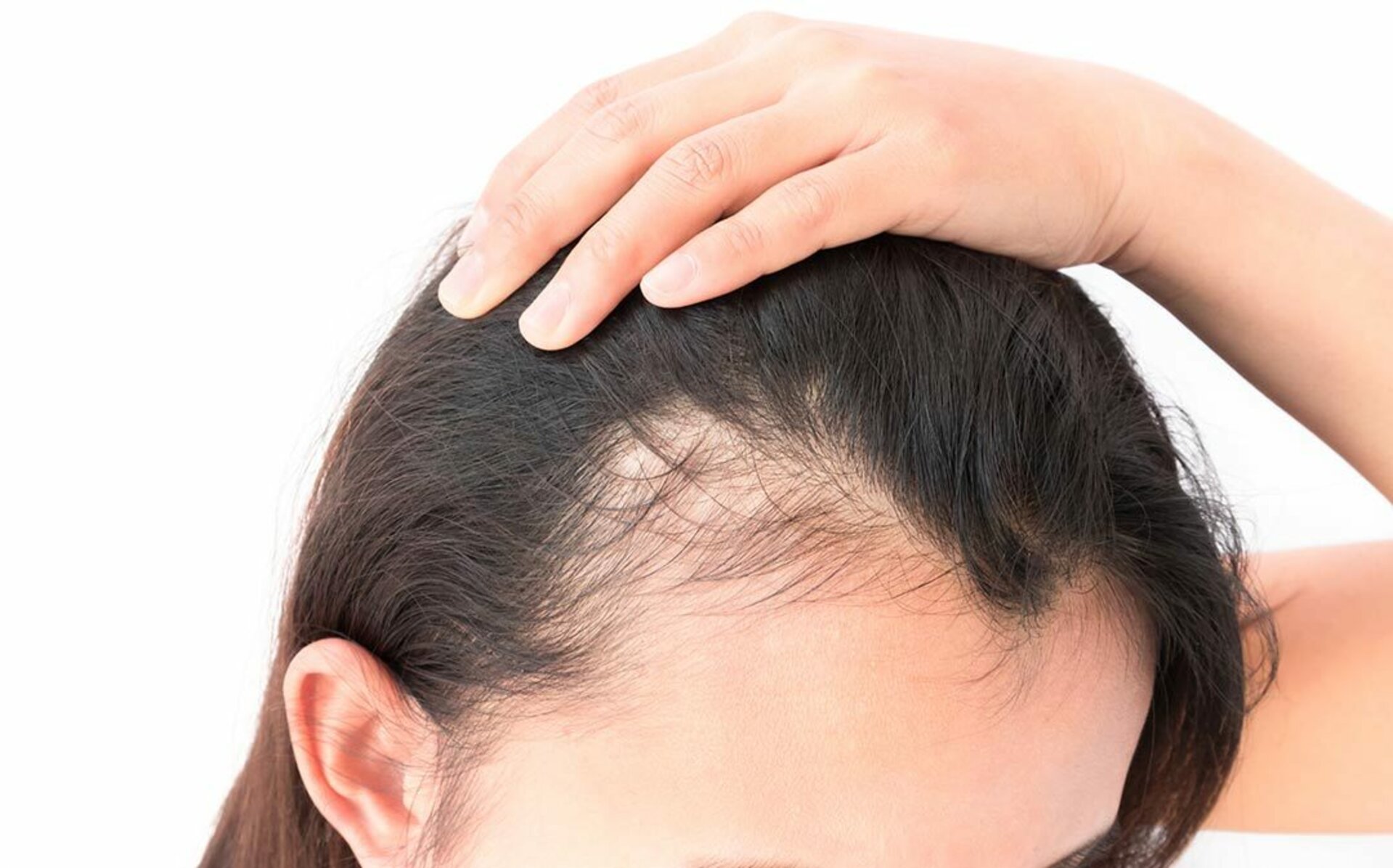Hair loss (alopecia) can affect just your scalp or your entire body, and it can be temporary or permanent. It can be the result of heredity, hormonal changes, medical conditions, or a normal part of aging. Anyone can lose hair on their head, but it’s more common in men.
Baldness typically refers to excessive hair loss from your scalp. Hereditary hair loss with age is the most common cause of baldness. Some people prefer to let their hair loss run its course untreated and unhidden. Others may cover it up with hairstyles, makeup, hats, or scarves. Still, others choose one of the treatments available to prevent further hair loss or restore growth.
At Dr. Soman’s Skin and Spine Clinic, Expert Skin Specialist Dr. Vallari Soman offers advanced hair treatments in Karvenagar for hair loss, thinning, and other conditions. Get personalized care and natural-looking results from an expert in the field.
Symptoms:
- Gradual Thinning on Top of Head: The most common symptom of hair loss is a gradual thinning of hair on the top of the head. This often occurs in both men and women.
- Circular or Patchy Bald Spots: Some people may experience sudden hair loss in specific areas, resulting in circular or patchy bald spots on the scalp or other parts of the body.
- Sudden Loosening of Hair: A physical or emotional shock can lead to a noticeable amount of hair shedding. This condition is known as telogen effluvium.
- Full-Body Hair Loss: In certain cases, individuals may experience hair loss not only on the scalp but also on other parts of the body.
- Patches of Scaling on the Scalp: Conditions such as alopecia areata can cause patches of scaling on the scalp along with hair loss.
Causes:
- Genetics (Heredity): The most common cause of hair loss is a hereditary condition called androgenic alopecia. It can occur in both men and women and is often referred to as male-pattern baldness or female-pattern baldness.
- Age: As people age, hair naturally thins. Age-related hair loss is a common condition known as involutional alopecia.
- Poor Nutrition: Lack of proper nutrition and certain deficiencies in vitamins and minerals, such as iron and zinc, can contribute to hair loss.
- Stress and Trauma: Physical or emotional stress can lead to hair loss. Extreme stress, such as a severe illness, major surgery, or traumatic events, can trigger a condition called telogen effluvium.
